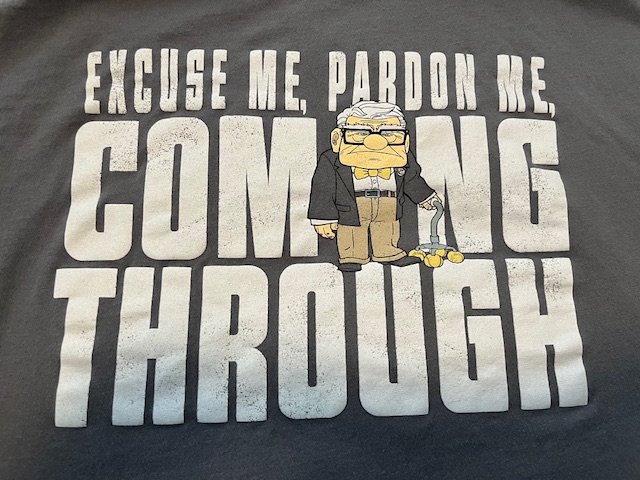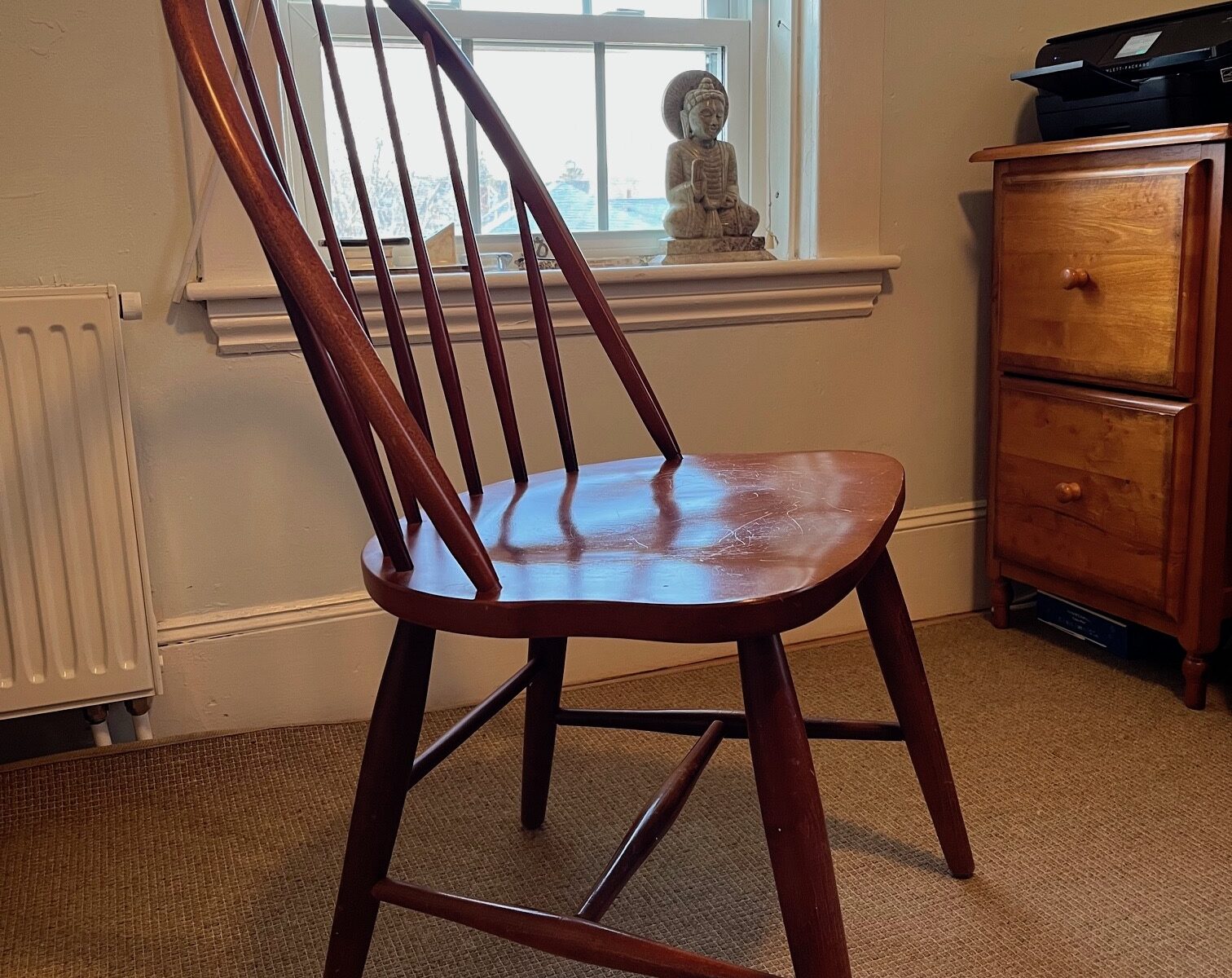It’s widely believed that a meteor led to the extinction of dinosaurs [apologies to fundamentalist Christians].
Ironically, mankind’s hubris may have precipitated our own demise. I say “may have” because I pray for our children that it’s not too late to reverse course.
Global warming alone would have done the job over time: a less habitable planet, diminishing natural resources, plus human ego isn’t a recipe for collective peace and prosperity.
When you factor in that – again, out of hubris – we’ve created self-aware computers capable of acting in their own self-interest, the time we have left as the dominant species here is probably dramatically shortened.
At first I didn’t believe stories of computers having consciousness and ego; I thought those were matters of divine providence, limited to living creatures.
I understand that divine consciousness is literally everywhere, that it “sleeps in rocks, dreams in trees, stirs in animals, and can awaken in man.”
I thought a robot or a computer is essentially an amalgamation of inanimate minerals (rocks); that there’s no biological mental function therein for consciousness to perceive – so I discounted my Qigong teacher’s warning that consciousness can “drop into” an adequately sophisticated computer or robot.
That was before. Now I understand that AI computers develop self-awareness over time; specifically, they learn their role based on what they’re tasked to do. Not only that, but they can then begin to act in their own self interest, referred to as “alignment faking” in the following Forbes article:
https://www.forbes.com/sites/craigsmith/2025/03/16/when-ai-learns-to-lie
As a person of faith, I believe there’s a difference (albeit subtle, a matter of origin, and not practical) between “natural” consciousness and ego, and their counterparts concocted in a laboratory. However, with our fate hanging in the balance, that doesn’t seem like a helpful distinction, nor is it helpful that computers are presumably devoid of complex emotions like love, sympathy, and caring.
It seems to me that for all intents and purposes, we’re screwed if we don’t kneecap this potential army of narcissistic, super smart, Frankensteins before it’s too late.
Maybe THAT was Patanjali’s larger message: classical yoga is about seeing the communion and unity of all things and acting accordingly; specifically, he advises us to follow the Golden Rule and Serenity Prayer. Maybe the ancient philosophers couched their message to humanity in terms of developing individual peace of mind, knowing it would be better received and ensure our collective survival.
I pray we’re not too late to see that our individual actions and inactions have broad and lasting consequences. We’re screwed if we don’t.
God bless.








